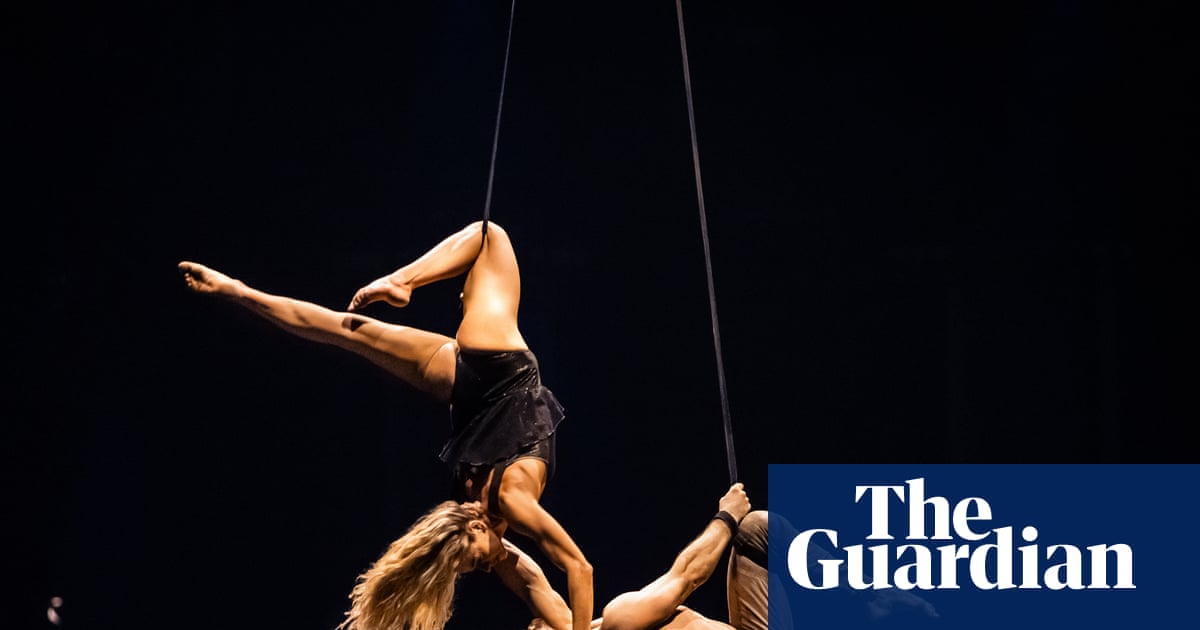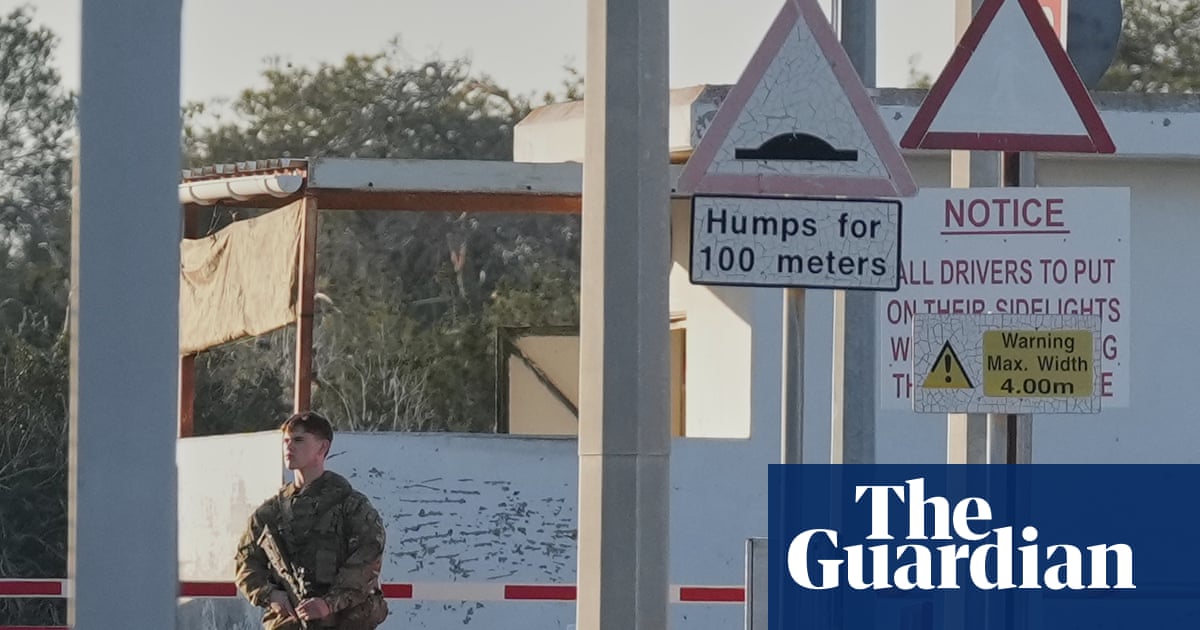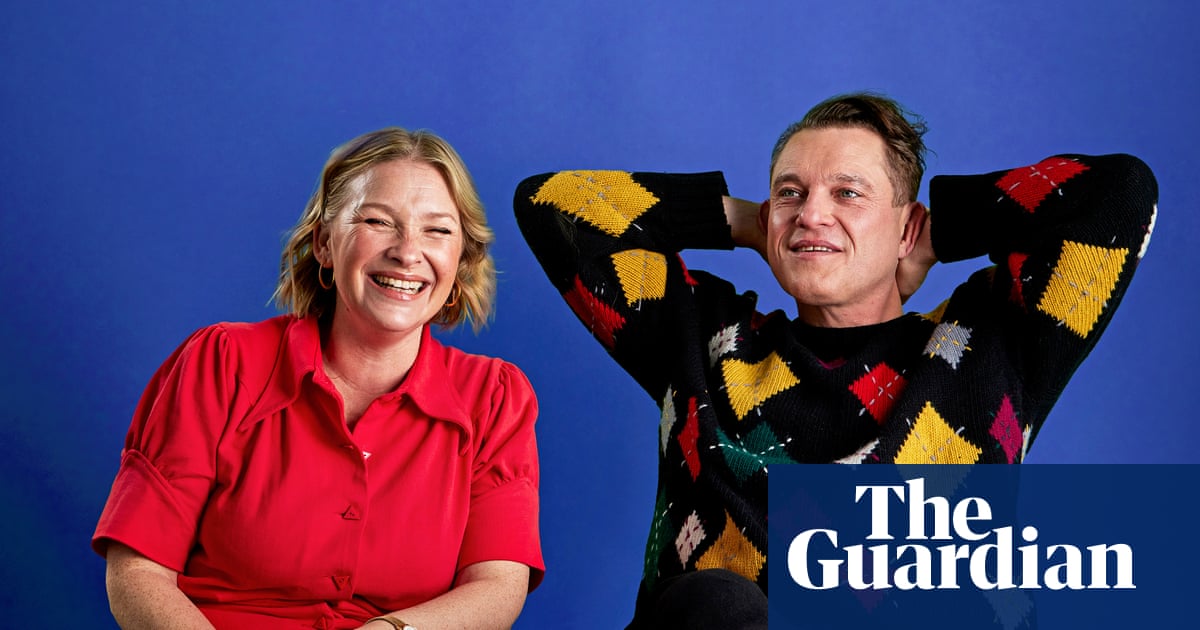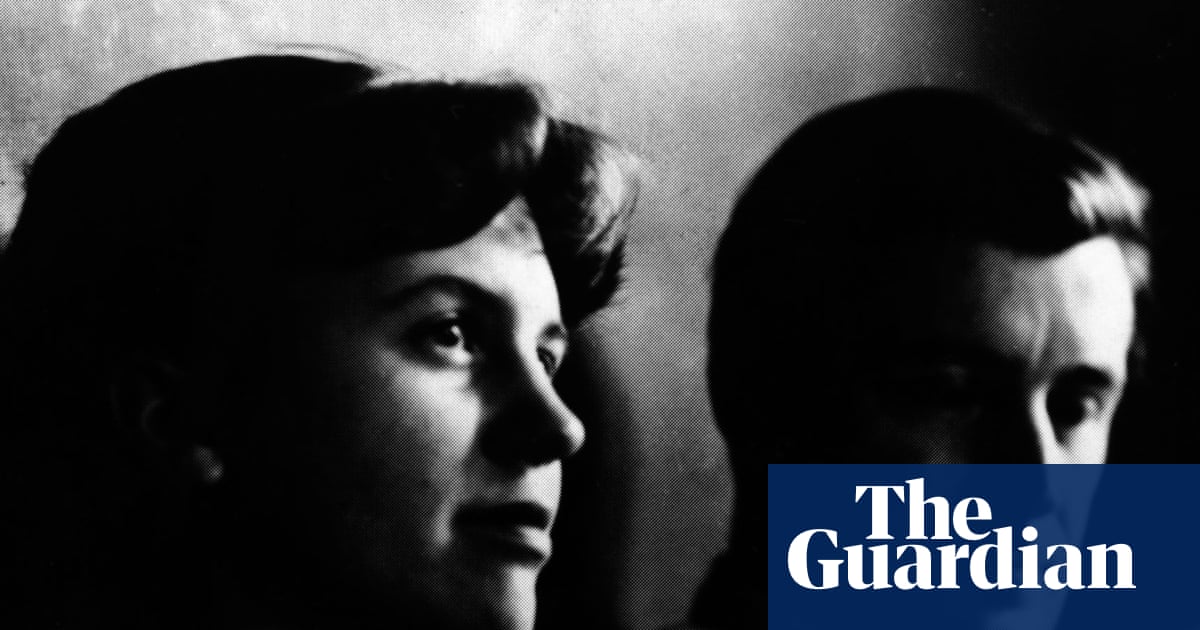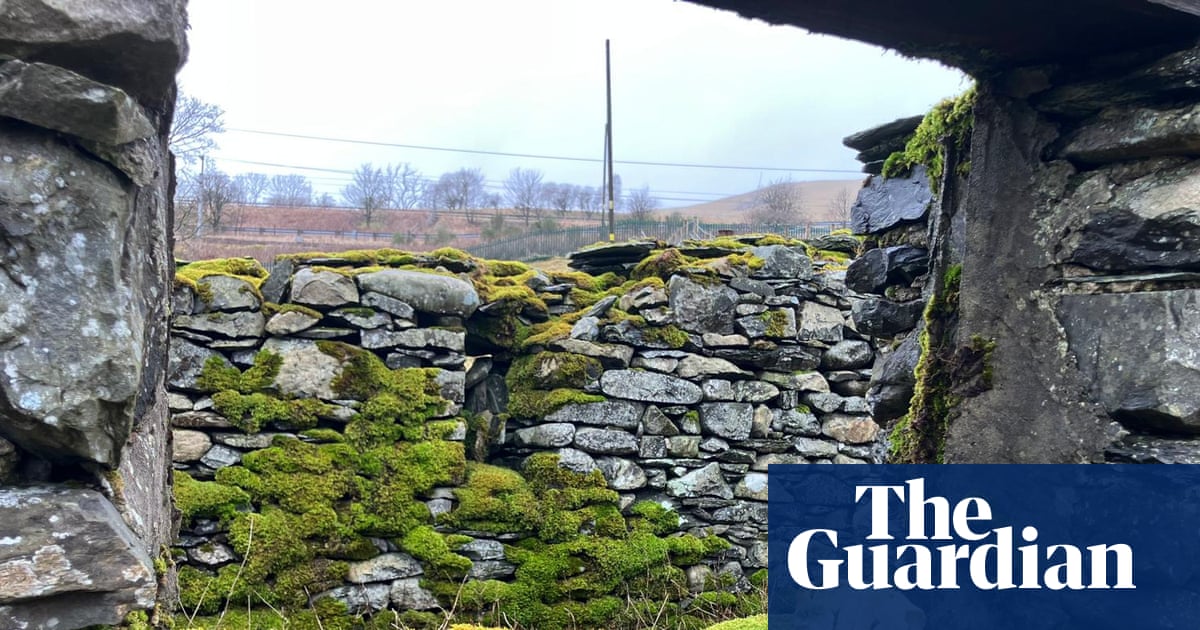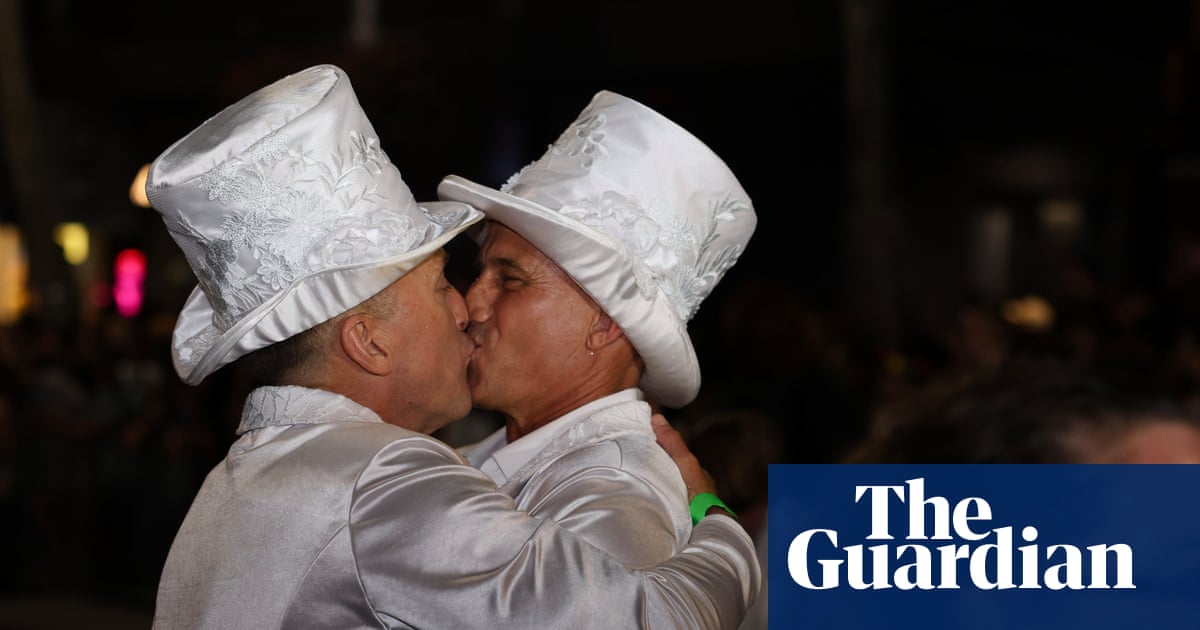Saturday night and the Britten Studio at Snape Maltings is filling up with 300 chattering punters. We are about to record a show that will go out “as live” on BBC Radio 3. This is a one-shot wonder: for one night only, in this drama-documentary, we are exploring the work of percussionist James Blades. Our setup neatly combines the most stressful elements of a live show, plus the key aspect of audience participation which we have – obviously – no proper chance to rehearse. Nerves are fraying. How did it get to this? And who is James Blades anyway?
Born in 1901, Blades was one of the great percussionists of the 20th century, whose life spanned the century itself – he died in May 1999. His blazing talent combined with a startling capacity for hard work took him to the top of his profession and later made him a mentor to music stars as varied as rock drummer Carl Palmer, percussionist Evelyn Glennie and a young Simon Rattle.
Blades himself was entirely self-taught. The only drummers he saw, growing up in working-class Peterborough before the first world war, were the man with the big bass drum in the Salvation Army and, as a 14-year-old apprentice at the foundry, the chap who played in the works band. But when young Jim showed an interest, the works-band-drummer told him to “clear off”.
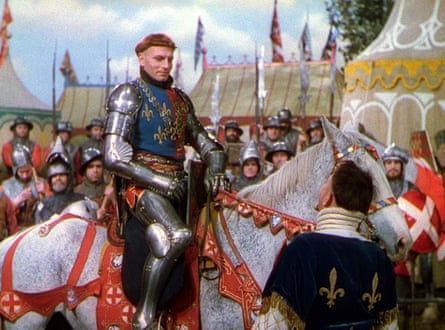
This seems only to have sharpened his desire to learn, and may explain why, later in life, Blades had a passion for teaching. He shared his knowledge and skill widely, touring the country giving lectures and demonstrations, in particular in schools and colleges, creating conditions in which music could spread and flourish, firing children’s imaginations and giving them the chance he never had. You will still find people of a certain age who very fondly remember as children attending a lecture by Blades.
So, in a fitting way to celebrate his life and work in our audio drama-documentary, we decided to recreate one of these lectures. Here’s the idea: Blades takes to the stage with an array of instruments and a fund of stories to tell us about his life and work.
There are his early years of poverty and hard work in Peterborough, his adventures as he climbed towards professional success, running away to join the circus, playing in a cinema orchestra during the silent movie era, finding his place in a series of jazz bands, becoming increasingly sought-after as his dazzling skills emerged, performing in the West End, on film-scores, and finding his way into the classical world, until he became one of Benjamin Britten’s valued collaborators – part of a very select band indeed, and in terms of a classical music career, a dizzying height to reach.
Who did he work with? Who didn’t he work with? Along the way, there’s Chaplin, Auden and Hitchcock. A classic story from the recording of Walton’s score for the film of Henry V sees Blades on the tubular bells, detailed to hit them with a broomstick to get the requisite jangle, but he needs help – two more broomsticks, please. Who’s going to step up? Walton of course, and it turns out Olivier is also ready to muck in. If you hear that famous score now, think of the three of them, bashing away.
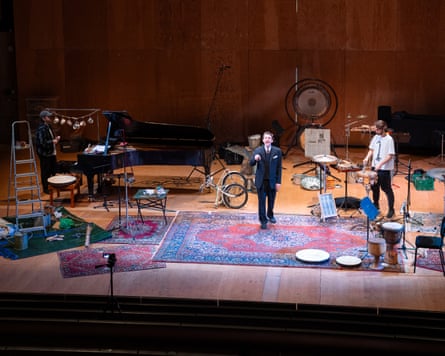
But how to recreate all this? We needed a storyteller and expert percussionist. Fortunately, we had actor James Anthony-Rose for the former. He is best known for playing Richard Carmody in Channel 5’s All Creatures Great and Small, but Allegra Productions – myself and director and producer Fiona McAlpine – had known Jamie since he was a boy growing up in Suffolk, and he had told us about his long-term interest in this other James. Suffolk children get to know Britten’s music if they’re lucky, and back in 2010, Jamie saw a video from the 1970s of Blades helping out the kids of Leiston on a production of Britten’s community opera, Noye’s Fludde. Something about the way the adults in the room watched the percussionist, their affection and respect, had a profound impact on the young Jamie. Even as a child, he was so taken by this that he began to think about the character of Blades, and to imitate his Peterborough vowels, letting the personality grow on him, until he was – as a budding actor – trying the voice, and making notes towards a script. His interest in Blades has in a sense accompanied his own development as a professional actor. Here, then, was Jamie’s long-term interest just waiting to be exploited.
And expert percussionist Sam Wilson took on the task of providing the skills that Blades himself would have demonstrated to his lecture-hall audience. We gathered together the many and various instruments he might have played to help tell his story, from the “traps” he used when accompanying silent movies at the Wisbech Hippodrome – rattle, car horn, wood blocks, whistle and so on – to the jazz-band drum kit of snare bass-drum and cymbal – to the grand orchestral percussion instruments such as the cymbals, the kettle drums, and the gong or tam-tam.
And not forgetting the china mugs! In the 1950s Blades had begun a long-term working relationship with Britten, who called on him to provide unusual and specially created percussion effects for his operas. Britten was, to say the least, particular, and sometimes the sound he wanted was not one any ordinary instrument could supply. Blades would be sent off to forage for, or even make from scratch, things that would create the required sound: the cups slung on string, struck to make the sound of raindrops in Noye’s Fludde, are a classic example.
All these disparate elements were put together to make a strange beast: our drama-doc, a lecture that is also a dramatic retelling of a life, and a bit of a play, with music demonstrations but also musical illustration and accompaniment. And if that wasn’t enough, we decided we needed to get the audience involved, to tap and clap and shout, joining in the beat the better to understand what it’s all about. Did it work, did it somehow come together, or did we fall flat on our East Anglian arses? Tune in and find out.
James Blades: Pandemonium of the One-Man Band is on BBC Radio 3 on 23 November, and then on BBC Sounds for 30 days

.png) 3 months ago
42
3 months ago
42

